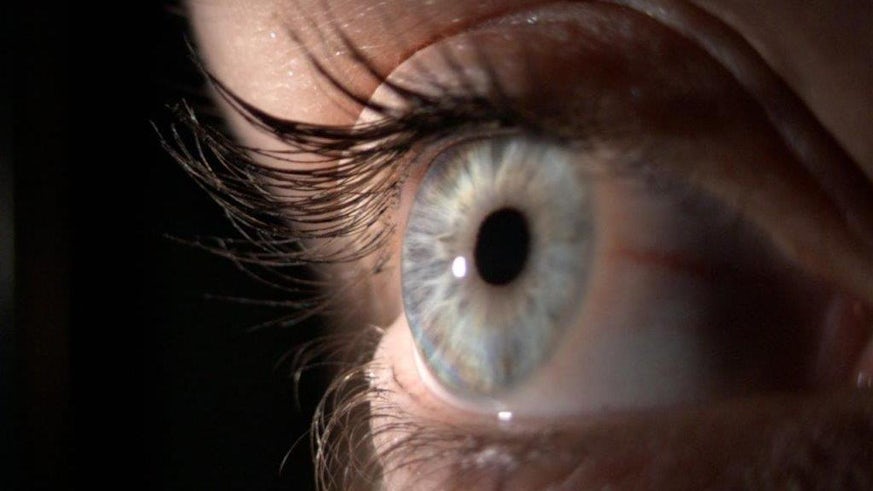Stem cell discovery provides new hope for people with dry eye disease
29 April 2022

Researchers from Cardiff University’s School of Optometry and Vision Sciences were part of a team of scientists who have discovered how to generate miniature lacrimal glands from human induced pluripotent stem (iPS) cells to combat the effects of dry eye disease.
Lacrimal glands are located above each eye and are responsible for producing tear fluid as a part of the tear film. If a gland is dysfunctional then people can experience what is known as dry eye disease - a common condition that causes discomfort and if left untreated, can lead to long-term visual impairment.
The research was led by scientists at Osaka University in Japan who demonstrated how human iPS cells, originally obtained from mature skin cells, can be grown under defined conditions in the laboratory. The researchers were then able to form small two-dimensional clusters of cells from the iPS cells which partially recapture how the human eye develops. From these two-dimensional clusters, cells that resembled lacrimal gland-like precursor cells were obtained and further cultivated in three-dimensions to form the lacrimal-gland-like tissue organoids.

“The use of human iPS cells for research into organoid generation and regenerative medicine is currently a hot topic, and the development of the world’s first lacrimal gland-like organoid, partially characterised here in Cardiff University by my colleague and co-author, Dr Rob Young, is an exciting advance.”
The research has been published in the scientific journal - Nature, and has real potential to be used in future transplant surgeries for patients with lacrimal gland related dry eye disease. There is also the potential to design and test new medications for lacrimal gland dysfunction.
Share this story
Our research delivers advances in knowledge to facilitate detection, diagnosis, monitoring and treatment of vision disorders to improve quality of life.
